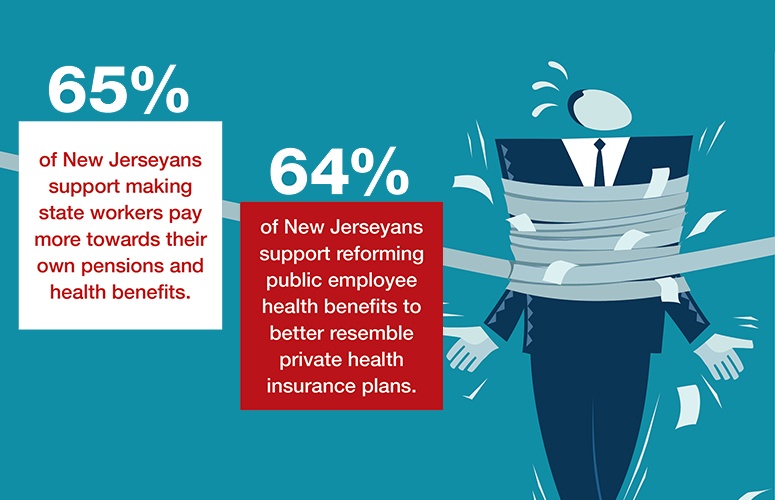
Tax Alert: New Jersey Announces Intention to Terminate Reciprocal Agreement with Pennsylvania
By Wilkin & Guttenplan P.C. On Sep 9, 2016New Jersey Governor Chris Christie announced his intention to end New Jersey’s long standing reciprocal agreement with Pennsylvania effective January 1, 2017. The historic agreement allowed for a simplified tax filing for residents of one state who worked in the other by only taxing wages earned in the taxpayer’s state of residence. For example, a New Jersey resident who works in Pennsylvania would only pay taxes to New Jersey and, therefore, would not be required to file a Pennsylvania tax return. This move is expected to raise tax revenue in New Jersey as many higher income Pennsylvania residents currently working in New Jersey were historically exempt from New Jersey tax under the reciprocal agreement.
Taxpayers residing in New Jersey but working in Pennsylvania will now be required to file a Pennsylvania tax return to report and pay income tax on their wages to Pennsylvania. These residents will also continue to file a New Jersey return to report and pay taxes on all of their income. The good news is that they will be entitled to a nonrefundable tax credit on their New Jersey return for any taxes paid to Pennsylvania so they do not pay state tax on the same income twice. To the extent New Jersey tax on the wages exceeds the tax paid to Pennsylvania, the New Jersey resident would only be responsible for paying the excess to New Jersey. For example, a New Jersey resident working in Pennsylvania is subject to $10,000 of tax in Pennsylvania on their wages. If the same wages are subject to $15,000 of tax in New Jersey, the taxpayer would only be required to pay $5,000 to New Jersey ($15,000 less the $10,000 paid to Pennsylvania). Many New Jersey residents will not be impacted (outside of the administrative complexity of filing two state tax returns) as New Jersey’s highest tax rate is 8.97% compared to Pennsylvania’s tax rate of 3.07%.
While ending the reciprocal agreement is expected to create additional tax revenue for New Jersey without impacting the total tax that most New Jersey residents pay, a large number of low to moderate income taxpayers living in southern New Jersey and working in Philadelphia will be negatively impacted by the elimination of the reciprocal agreement. These residents currently pay Philadelphia city tax on their wages and receive a credit for the taxes paid to Philadelphia effectively eliminating their New Jersey tax liability. These taxpayers will now be subject to both Pennsylvania and Philadelphia taxes without impacting the New Jersey tax credit calculation resulting in another level of tax for these New Jersey residents.
Employers of taxpayers who have been claiming the benefit of the reciprocal agreement will need to update their records and change the method of withholding taxes for these employees. The employer will now be required to withhold tax based on where the employee works and earns their income rather than in which state they reside.
While the Governor has announced the end of the reciprocal agreement with Pennsylvania, he has left the door open to reconsidering this action. He has stated in an email to the press that if the state’s legislature reconsiders his budget recommendations which would reduce spending and the deficit, he would consider revising this action and potentially reinstate the reciprocal agreement between the two states.
Related Articles:





